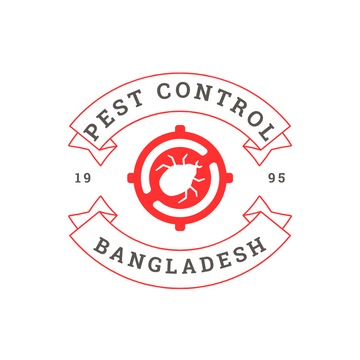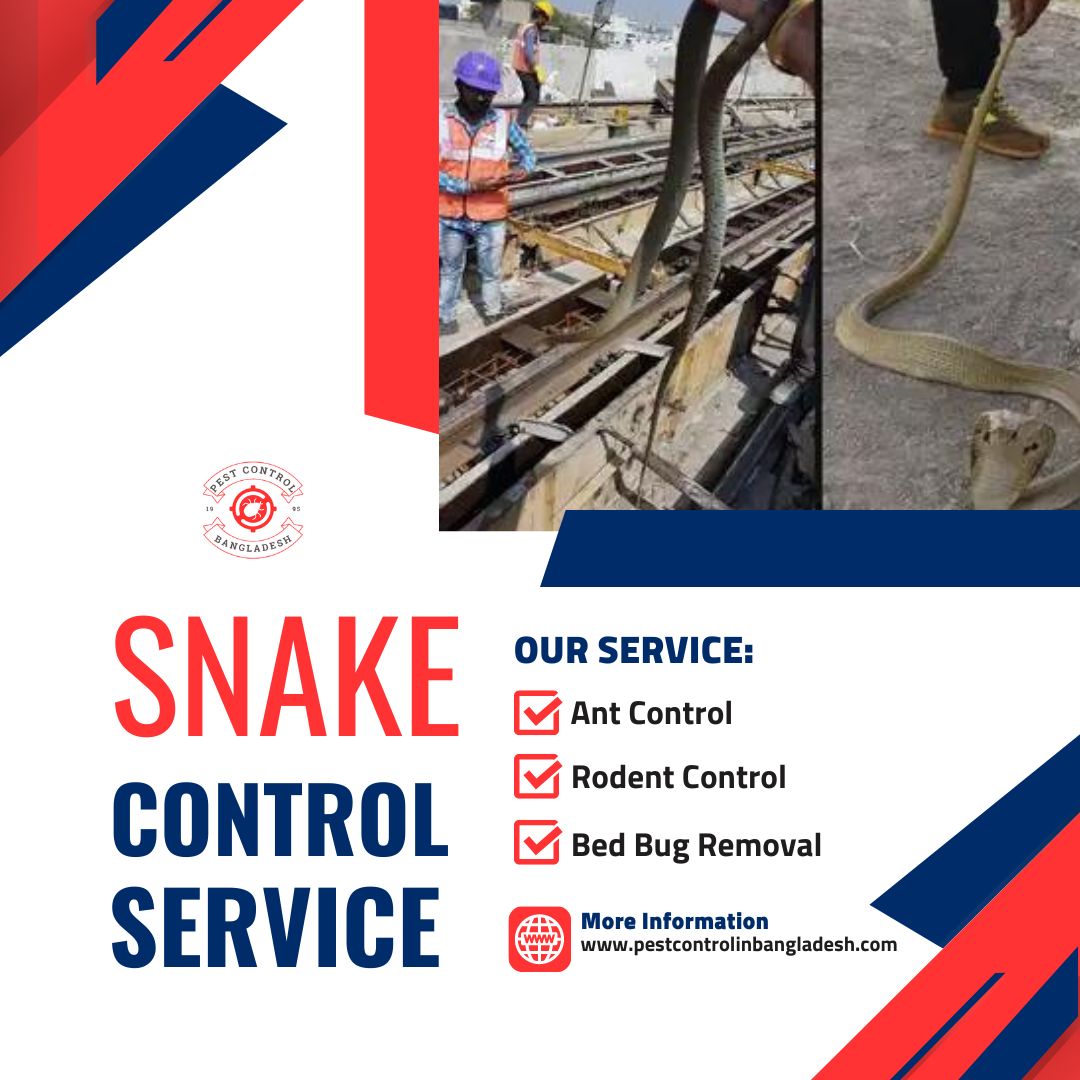| Table 1: Outline of the Article |
|---|
| Introduction |
| Understanding Snake Control |
| Signs of Snake Infestation |
| Importance of Professional Snake Control Services |
| Common Snake Control Methods |
| Natural Snake Repellents |
| Snake Control Measures for Homes |
| Snake Control Measures for Gardens |
| Snake Control Measures for Commercial Properties |
| Benefits of Hiring a Professional Snake Control Service |
| Snake Control Safety Tips |
| Conclusion |
| FAQs |
Table 2: Article
Understanding Snake Control: Effective Measures to Ensure Your Safety
Snakes are fascinating creatures, but when they find their way into our living spaces, gardens, or commercial properties, it can be a cause for concern. In this article, we will explore the importance of snake control, the signs of snake infestation, and the various methods available to tackle this issue. Whether you are a homeowner, a gardener, or a business owner, understanding snake control measures can help ensure your safety and peace of mind.
Introduction
Snakes play a vital role in ecosystems, but their presence in our immediate surroundings can pose risks. Snake control refers to the management and prevention of snake infestations in residential and commercial areas. By implementing effective control strategies, we can minimize encounters with snakes and create safer environments for ourselves and our loved ones.
Understanding Snake Control
What is snake control?
Snake control involves the implementation of measures to prevent snakes from entering or residing in areas where they are not desired. This includes homes, gardens, and commercial properties. By employing various techniques, we can discourage snakes from seeking shelter or food sources in these spaces.
Why is snake control important?
Snake control is crucial for several reasons. First and foremost, it ensures the safety of occupants and visitors. Venomous snakes, in particular, can pose a significant threat to human health and well-being. Additionally, controlling snake populations helps safeguard the structural integrity of buildings, protect valuable assets, and preserve the balance of local ecosystems.
Signs of Snake Infestation
Identifying the signs of snake infestation is vital for taking timely action. Some common indicators include shed snake skins, droppings, distinctive tracks, and sightings of snakes themselves. If you come across any of these signs, it is important not to ignore them and to seek professional assistance promptly.
Importance of Professional Snake Control Services
When dealing with snake control, hiring professional services is highly recommended. These experts possess the knowledge, skills, and experience necessary to handle snakes safely and effectively. They are well-versed in the habits and behaviors of different snake species, enabling them to implement appropriate control methods tailored to your specific situation.
Benefits of professional snake control
Professional snake control offers numerous advantages over DIY approaches. Firstly, experts can accurately identify snake species, including venomous ones, and implement suitable control measures accordingly. Secondly, they possess specialized equipment and tools that allow them to handle snakes with minimal risk. Finally, professional services provide long-term prevention strategies, minimizing the chances of future infestations.
Safe and effective methods
Professional snake control services employ a range of methods to handle snake infestations. These include trapping and removal techniques, the use of chemical repellents, exclusion and sealing of entry points, and habitat modification. By combining these methods, professionals can effectively control snake populations while ensuring the safety of occupants.
Common Snake Control Methods
Let’s explore some of the most commonly used snake control methods in more detail.
Trapping and removal
One of the primary methods employed by professionals is trapping and removal. This involves the use of specialized traps designed to capture snakes without harming them. Once captured, the snakes are safely removed from the premises and relocated to their natural habitats.
Chemical repellents
Chemical repellents can be an effective deterrent against snakes. These products are designed to emit odors that are unpleasant to snakes, discouraging them from entering specific areas. However, it is crucial to use these repellents according to the manufacturer’s instructions and with caution to prevent harm to other animals or the environment.
Exclusion and sealing
Preventing snakes from entering buildings or confined spaces is a critical aspect of snake control. By inspecting and sealing gaps, cracks, and other potential entry points, you can significantly reduce the likelihood of snakes finding their way inside.
Habitat modification
Creating an environment that is less attractive to snakes is another essential control measure. This can involve removing potential hiding spots, managing vegetation, and implementing landscaping techniques that discourage snake presence.
Natural Snake Repellents
If you prefer natural alternatives, there are several snake repellents available that do not involve the use of chemicals. These include essential oils with strong odors, such as clove oil or cinnamon oil, which snakes find unpleasant. Planting certain species of plants known to repel snakes, such as marigolds or lemongrass, can also be effective. Additionally, physical barriers like snake fences or wire mesh can prevent snakes from accessing specific areas.
Snake Control Measures for Homes
Protecting your home from snake infestations is essential for the safety and well-being of your family. Here are some measures you can take:
Inspecting for entry points
Regularly inspect your home for potential entry points that snakes could use to gain access. Common areas to check include gaps under doors, cracks in foundations, and spaces around utility pipes. Seal these openings with appropriate materials to prevent snakes from entering.
Eliminating attractants
Snakes are attracted to food sources, so it’s important to eliminate potential attractions around your home. Secure trash cans with tight-fitting lids, keep pet food indoors, and remove any debris or clutter that could serve as hiding spots for snakes or their prey.
Sealing gaps and cracks
Sealing gaps and cracks in and around your home is an effective way to prevent snakes from entering. Use weatherstripping to seal gaps under doors, apply caulk to seal cracks in walls or foundations, and install screens on windows and vents to keep snakes out.
Snake Control Measures for Gardens
If you have a garden or outdoor space, it’s crucial to take appropriate snake control measures to protect both yourself and your plants.
Landscaping tips
When planning your garden, consider incorporating snake-repellent landscaping techniques. Keep grass and vegetation well-maintained, as snakes are less likely to reside in manicured areas. Regularly trim shrubs and bushes to reduce potential hiding places.
Removing hiding spots
Snakes often seek refuge in piles of leaves, fallen branches, or other garden debris. Regularly remove such items and keep your garden clean and tidy. By reducing hiding spots, you make your garden less appealing to snakes.
Managing vegetation
Certain plants and flowers can attract rodents, which in turn attract snakes. Be mindful of the types of plants you choose and how they may affect the overall ecosystem of your garden. Avoid dense ground coverings and opt for plants that naturally repel snakes, such as lavender or rosemary.
Snake Control Measures for Commercial Properties
Snake control is equally important for commercial properties, such as offices, warehouses, or manufacturing facilities. Implementing preventive measures can help protect employees, customers, and the integrity of the premises.
Pest control plans
Developing and implementing a comprehensive pest control plan is crucial for commercial properties. This plan should include regular inspections by professionals, proactive measures to eliminate potential attractants, and appropriate control methods tailored to the specific needs of the property.
Regular inspections
Regular inspections by professionals can help identify and address snake infestations before they become a significant problem. These inspections should encompass both the interior and exterior areas of the property, paying close attention to potential entry points and areas prone to attracting snakes.
Employee education
Educating employees about snake safety and what to do in case of an encounter is essential. Training programs or informational sessions can help raise awareness and ensure that employees know the appropriate steps to take to minimize the risk of snake-related incidents.
Benefits of Hiring a Professional Snake Control Service
While there are measures you can take as a homeowner or property owner, hiring a professional snake control service offers numerous benefits.
Expert knowledge and skills
Professional snake control service providers have in-depth knowledge of different snake species, their behavior, and effective control methods. They can accurately assess your situation, identify the species involved, and implement appropriate strategies to address the issue effectively.
Customized solutions
Every snake infestation is unique, and professional services can tailor their approach to your specific needs. By conducting a thorough assessment, they can develop a customized plan that addresses the underlying causes of the infestation and provides long-term prevention measures.
Long-term prevention
Professional snake control services not only address the current infestation but also focus on preventing future occurrences. By implementing proactive measures and ongoing monitoring, they can significantly reduce the risk of snake-related problems reoccurring.
Snake Control Safety Tips
While it’s best to leave snake control to the professionals, it’s essential to know some safety tips if you encounter a snake.
Avoiding confrontations
If you come across a snake, keep your distance and do not provoke or handle it. Snakes typically prefer to avoid human contact, so respect their space and allow them to move away.
Identifying venomous snakes
Being able to distinguish venomous snakes from non-venomous ones is crucial. Educate yourself about the snakes native to your area and learn to identify their characteristics, such as distinctive color patterns or head shape.
Proper handling techniques
If you must handle a snake for any reason, it’s essential to do so with caution and the appropriate equipment. If you’re unsure about handling a snake, it’s best to contact a professional snake control service for assistance.
Conclusion
Snake control is a crucial aspect of maintaining safety and peace of mind in our living spaces, gardens, and commercial properties. By understanding the signs of snake infestation, implementing effective control methods, and considering professional services, we can minimize the risks associated with snake encounters. Remember to prioritize safety and consult experts when dealing with snake-related issues.
FAQs
- Q: Can I use home remedies to control snakes effectively? A: While there are natural snake repellents available, professional snake control services offer more reliable and comprehensive solutions.
- Q: How can I identify venomous snakes? A: Learning about the native snake species in your area and their identifying features is crucial. When in doubt, contact a professional for assistance.
- Q: Is it necessary to hire a professional snake control service? A: While it’s possible to take some preventive measures yourself, professional services provide expertise, customized solutions, and long-term prevention.
- Q: Are snake repellents safe for pets and children? A: It’s essential to use snake repellents according to the manufacturer’s instructions. Some repellents may pose risks to pets and children, so exercise caution.
- Q: How often should I inspect my property for snake infestations? A: Regular inspections, at least once or twice a year, are recommended to identify and address potential snake infestations before they become problematic.


